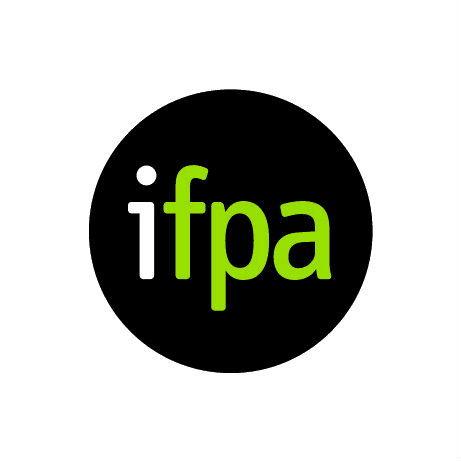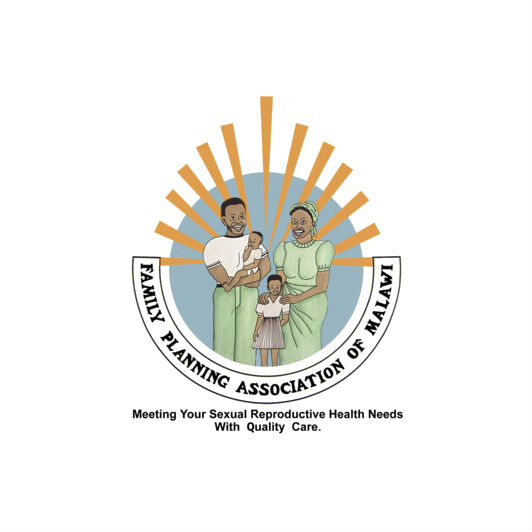

| 31 March 2016
Irish Family Planning Association
The Irish Family Planning Association (IFPA) was founded in 1969 in response to the appalling health and social circumstances in which many families in Ireland lived. Unmet need for contraception and high fertility resulted in high maternal mortality and morbidity, and poor child survival. Since then the organization has been a pioneering force in sexual and reproductive health and rights (SRHR) in Ireland. Over the years the IFPA has been an educator, a researcher, an opinion former and a service provider. It established the first family planning clinics and pregnancy counselling centres in Ireland. It publishes a comprehensive range of information booklets on contraception. It helped to establish sex education programmes in schools, and it has fought for comprehensive medical and social services for women with crisis pregnancies. The organization provides specialist training in family planning for doctors, nurses, community groups and parents. The IPFA has 2 clinics in Dublin and has 12 pregnancy counselling centres nationwide. The IFPA has clear strategies in relation to abortion and access rights, the sexual and reproductive health and rights (SRHR) of adolescents and young people, and the reduction of sexually transmitted infections (STIs) including HIV. Contacts Website: www.ifpa.ie Facebook: http://www.facebook.com/irishfamilyplanningassociation Twitter https://twitter.com/IrishFPA

| 31 March 2016
Family Planning Association of Malawi
When it was founded in 1999, the Family Planning Association of Malawi (FPAM) focused on providing family planning services. As the organization has evolved, it has both refined and expanded its operation. Today, FPAM targets young people primarily, and reaches out to under-served rural communities. As a result, it operates 64 service points, including 53 mobile sexual and reproductive health (SRH) facilities and 4 static clinics. Its community-based distributor/services (CBDs/CBSs) profile is also very strong with 65 additional delivery points. As ever with IPPF Member Associations, the mix of outlets and approaches is very much led by the particular demographic and geographic needs of the country. FPAM also provides youth-friendly SRH information, education and behaviour change communication materials to young people at 4 youth centres, and through schools. Peer educators use group discussions, theatre performances, publications and audio-visual materials produced by community reproductive health promoters to pass on the message about good SRH practice and access to resources. The distribution of contraceptives, pregnancy testing, the diagnosis and treatment of sexually transmitted infections (STIs) and voluntary counselling and testing (VCT) for HIV and AIDS are core to FPAM’s clinic activity. For its successful operation, the organization depends on a team of 46 full-time staff and over 600 volunteers. Over the years, FPAM has forged partnerships with health, family and youth departments in government, to advocate forward-thinking national SRH policies. It works with a variety of non-governmental organisations (NGOs) including the Malawi Girl Guides Association and Banja La Mtsogolo. Financing support comes from UNFPA, IPPF’s Japan Trust Fund, the Japanese Organization for International Cooperation in Family Planning (JOICFP), UNICEF, National AIDS Commission, GTZ, and Youth Incentives. FPAM also networks with other SRH-focused groups, particularly in the fields of HIV and AIDS and youth issues. Contacts Website: www.fpamalawi.org Facebook: https://www.facebook.com/FPAMalawi/







